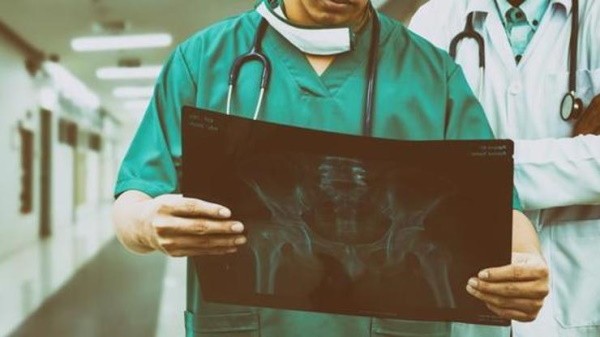When you file a claim to recover compensatory damages for a personal injury, you must back up your claim with evidence. A key piece of evidence in all personal injury claims is medical records. These records detail the nature and severity of your injury caused by another party’s negligence. A Charlotte personal injury lawyer can help you gather the medical records necessary for supporting your claim.
However, it is important to understand what types of medical records are relevant in a personal injury case. You also need to know when to accept or reject requests for medical records from an insurance company.
What Are Medical Records?
Medical records are formal records from the hospital, physician, or therapist involved in your treatment. These records identify you by name, provide your personal particulars, and also furnish your specific medical details. You can request a copy of the records and then provide it to the defendant as a part of your claim. Alternatively, you can have the respective hospital or physician send a copy directly to the defendant.
In addition to the formal hospital records, you can also produce your physician’s notes as proof of your injury. This is particularly because such notes usually offer a deeper insight into the precise nature of your personal injury.
How to Respond to Requests for Medical Records?
When you seek compensatory damages from an insurer, the insurer may ask you to sign a release form for medical records. This form essentially authorizes the insurer to directly request and access your medical records. Although it is a common practice, insurance companies often misuse the permission. An insurer may use the release form to dig up your past medical records as well.
These records, which may be unrelated to your present injury, can be used to turn down your claim. The insurer can use the information to claim that you had a pre-existing medical condition. And that this condition contributed to your injury, instead of the incident itself.
This is why it is always a good idea to sign a release form only after you have discussed it with your lawyer. The lawyer can ask the insurer to amend the terms of the form to make sure they apply only to your relevant records.
What Must the Medical Records Show?
The very purpose of appending medical records to your personal injury claim is to prove your injuries. So the medical records must provide relevant details specific to your injury. The records should clearly indicate the injuries that you have suffered as well as the related symptoms.
In addition, they must also provide a detailed view of the treatments you have undergone for your injury. Finally, medical records such as a physician’s notes can further indicate how an injury has impacted your life in the short-term and the long-term.
Why Are Medical Records Important?
Medical records are important for a number of reasons. The primary reason, as noted above, is that medical records offer clear evidence for your injuries. Without these records, there is no way to know whether you suffered any injuries and if so, what the nature of these injuries was.
Another important purpose served by the medical records is to help in creating an estimate of your total damages. Medical costs are a major component of any personal injury settlement. These costs cover physician’s fees, medication, travel expenses from and to the hospital, physical therapy, medical tests, and any other procedures involved.
Medical records help you, your lawyer, and the other party to have a look at the medical costs of your injury. These records allow you to peg a definite dollar amount to your medical costs. They are also helpful in determining whether or not you will need assistance for any lifelong disabilities.
How Can a Charlotte Personal Injury Lawyer Help?
If you have suffered personal injury in a Charlotte incident, you should get legal help. A personal injury claim can become quite complicated. You will need to handle different types of evidence like police report and witness statements. You will also be negotiating directly with an insurance company. Without a good lawyer, you may not be able to support your claim sufficiently. This can result in an outright rejection of your claim. Even when that is not the case, the insurer may try to underpay you.
Here at Ted Greve & Associates, we help you with all aspects of a personal injury case. We also deal with the insurance company on your behalf. Our ultimate aim is to secure a favorable settlement and get you maximum damages. Contact us today to schedule a free session with our Charlotte personal injury lawyers.


